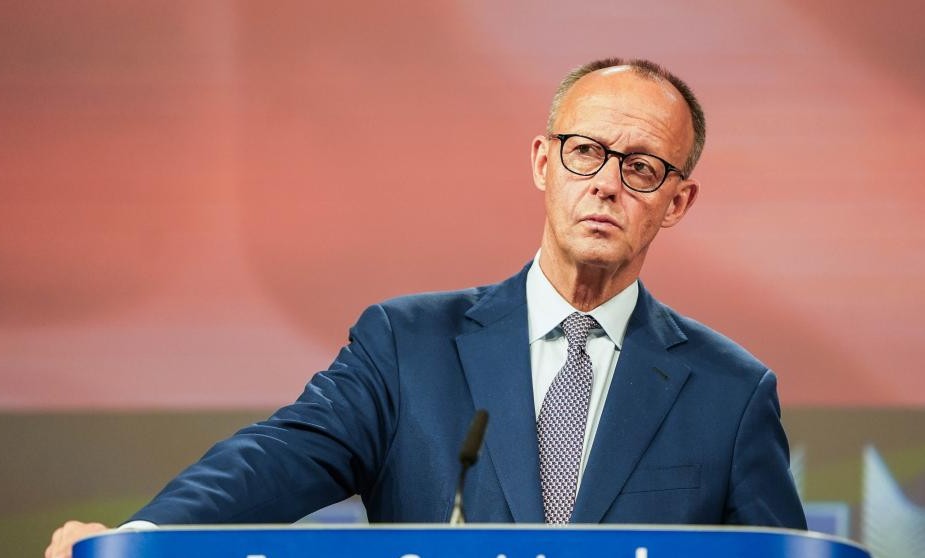RT reported that German Chancellor Friedrich Merz's tough statement was made on May 28 at a joint press conference with Ukrainian President Volodymyr Zelensky in Berlin, amid the sensitive times when Russia and Ukraine have just held their first direct peace talks in three years.
Speaking to reporters, Mr. Merz affirmed that Germany will continue to increase pressure on Russia with a series of additional sanctions, including "locking down" any opportunities to reactivate the Nord Stream 2 gas pipeline - designed to bring Russian gas to Germany.
This is a message from the Federal Republic of Germany: We do not allow Nord Stream 2 to revive, Mr. Merz emphasized, stating that these measures are aimed at paving the way for negotiations, despite Russias continuous criticism of Western sanctions.

In early May, European Commission President Ursula von der Leyen said the EU had planned an 18th package of Russian sanctions, including measures against Nord Stream 2 AG - a Swiss-based unit that owns the pipelines, and any other company that restarted and operated them.
The media reported that Mr. Merz has supported the move and is holding talks in Berlin and Brussels to prevent any possibility of resuming energy trade with Russia.
Several European officials have opposed targeting gas pipelines. Florian Philippot, a prominent French EU skeptic, warned that the move was no different from a death sentence for European industry.
Mr. Michael Kretschmer, Chancellor of Sachsen State of Germany, argued that "Nord Stream is a potential door for dialogue with Russia", while emphasizing that such dialogues would be beneficial for Germany, because the country's economy needs Russian gas supplies for normal operation.
Some previous press reports also said that Russia and the US had considered the possibility of resuming gas transportation through the Nord Stream 2 pipeline branch.
Nord Stream 2, an $11 billion gas pipeline from Russia across the Baltic Sea to Germany, was once considered a strategic project between Berlin and Moscow. However, the project was suspended indefinitely after the Ukraine crisis in 2022, and was sabotaged by a series of underwater explosions in September of the same year.
Although there has been no official conclusion, the Russian side believes that this is an act of sabotage related to Western intelligence. Meanwhile, many European countries have quietly reopened discussions on the viability of recovering at least one of the pipeline's remaining branches.











